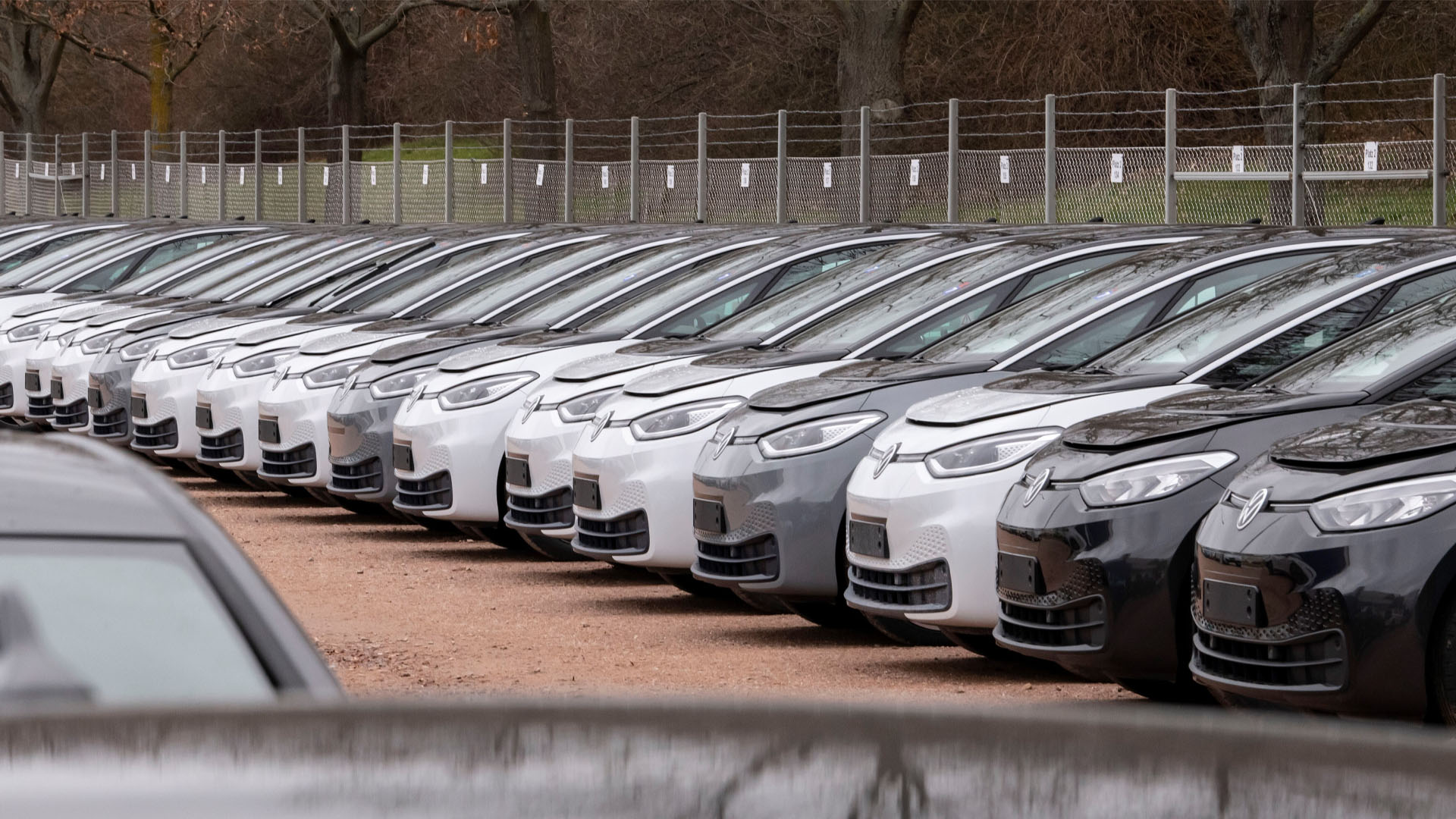

The extremely stringent Euro 7 emissions regulations could be blocked in the European Union after it was announced Monday that eight countries signed a letter objecting to the legislation’s passage. These countries constitute a large enough bloc to stop the regulations from advancing any further and call for Euro 7 to be scrapped in its entirety, Automotive News reports.
France, Italy, Poland, Bulgaria, Hungary, the Czech Republic, Romania, and Slovakia all signed the letter. Germany did not sign the document, although its transportation minister, Volker Wissing, has been very vocal and very skeptical of Euro 7. Germany was likewise one of the leaders in the successful effort to carve out so-called E-fuels from the EU’s all-out 2035 internal combustion ban. E-fuels are effectively sustainable synthetic gasoline, made from a synthesis of hydrogen and carbon dioxide using green energy.

This letter does not necessarily signal the complete death of Euro 7. It is not a formal legal action, but it is a very strong statement that signals a possible plateau in the efforts of European regulators to further clean up the environmental footprint of passenger cars, whether that be emissions from vehicles’ tailpipes or particulates from their tires and brake pads.
Euro 7 is slated to take effect on July 1, 2025, however, that date seems like it will be pushed back or the scope of the regulations reduced. The group of eight countries protesting claims that at least another three years would be necessary to make the adjustments EU regulators are asking for, and some high-profile industry and political figures in Europe say tightened emissions regulations will hurt electrification efforts.
In America, many states have set goals to ban the sale of new combustion-engined cars by 2035, although the federal government has not set such a mandate. The emissions regulations from the EPA could cause a similar protest domestically, though. The agency wants huge reductions in tailpipe emissions by 2032, although it’s unclear if and when the new rules will take effect.
Until then, the protest in Europe is an indicator that the battle against internal combustion is slowing. Automakers are shifting to invest in electric vehicles, but simultaneously investing in new, powerful emissions controls at the same time may not be feasible. Nuance is necessary when it comes to tackling global emissions, and automakers as well as governments are beginning to demand it from legislators.
Got a tip or question for the author? You can reach them here: peter@thedrive.com